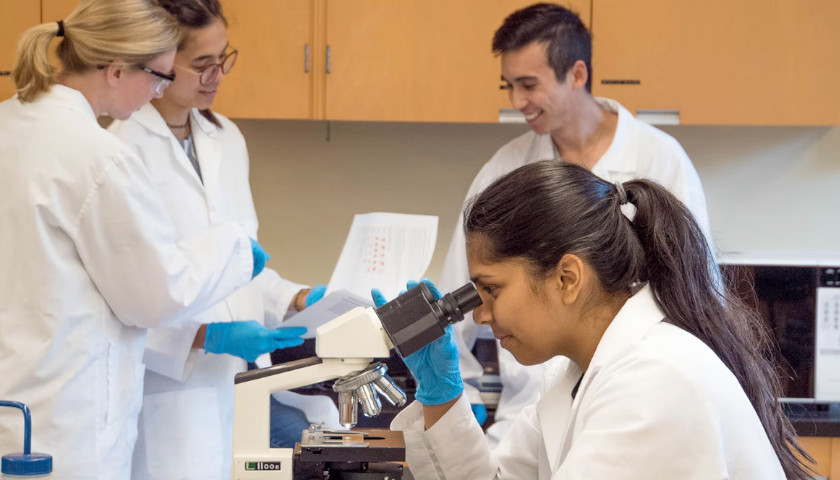by Eric D. Hargan
After losing in court and receiving a nationwide injunction against the institution of the mask mandate, the Department of Justice and the Centers for Disease Control and Prevention (CDC) had a decision to make: accept the court’s decision and move on to other means to combat Covid-19 without resorting to mask mandates; try to start from scratch and put a mask mandate rule in place that might conform better with statutory requirements; or appeal the case.
The CDC decided to appeal the case, which proves that the agency at least does not use public opinion as a guide to its decisions. The dropping of the mask mandate was received with widespread relief and applause by the public, but the CDC has decided to follow its own way, rather than trying to be popular. There is something to admire in their persistence in the face of public disapproval, especially in an election year that promises to be so dire for the administration and its allies in Congress.
One has to wonder, however, apart from this, whether the CDC has fully thought through what the court appeal entails. Their ostensible reason for appealing was to “protect CDC’s public health authority…” This part of their rationale is no doubt intended to indicate that they are appealing to preserve their legal ability to respond to similar situations in the future, especially in the wake of so many legal losses for the agency and other agencies in their pandemic rules, such as OSHA’s business vaccination mandate and the CDC’s “eviction order,” both of which were struck down by the courts.
It is understandable that agencies take action to preserve their abilities, especially with regard to emergency response. However, everyone understands that court cases take time: maybe months, maybe years. While the court cases grind along, the CDC must keep its mask mandate in effect for all of those months or years, or the case will be moot: the plaintiffs want the mandate gone, and if the CDC lifts the (currently unenforced) mandate, there is no practical conflict outstanding. Mootness means there is no issue to be decided by the courts, and the case would no doubt be thrown out by the court for that reason.
On the other hand, if the CDC does persist in keeping the mask mandate in place as the pandemic wanes, the agency may no longer be “following the science” but instead artificially keeping the mandate in place to allow the case to continue to proceed. Only if the virus continues at a high level will the CDC be able to reasonably and scientifically assert that it is either not wasting time on a legal case doomed to be tossed out for mootness, or alternately be accused of manipulating the science to preserve its own case, and therefore, power. It puts the CDC in the unenviable position of relying on the pandemic continuing at strength in order to defend its institutional power.
One wonders if they wish they had let the mandate lapse before the court issued its decision. But the die is cast. Eyes now turn to the courts.
– – –
Eric D. Hargan ( @EricDHargan ) founded the Hargan Group and was the deputy secretary of the Department of Health and Human Services after serving as acting secretary.






People may think that the CDC is an independent government agency, but it’s really a vaccine company. It’s not about “science” — it’s not about public health — it’s about money. It holds patents on at least 56 different vaccines, and it rakes in $4.1 billion per year in vaccination sales.
Search for “Robert Kennedy Jr.: CDC Is A Privately Owned Vaccine Company”